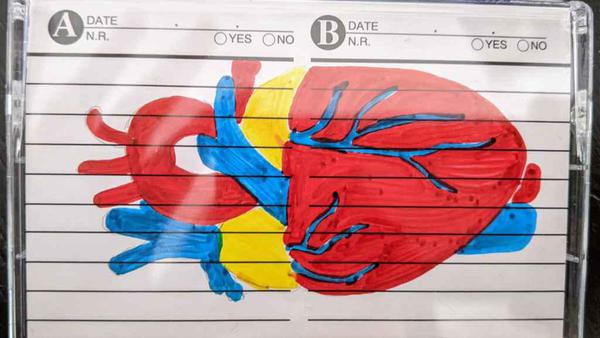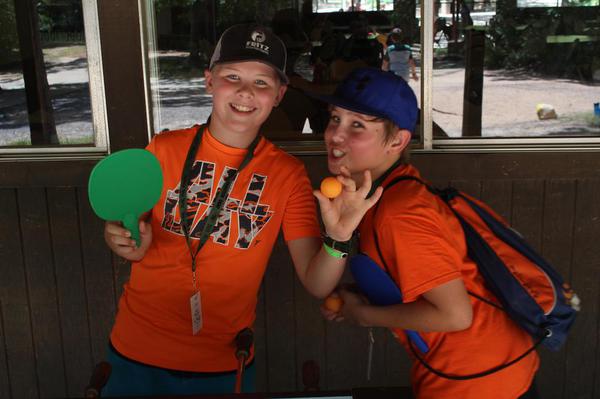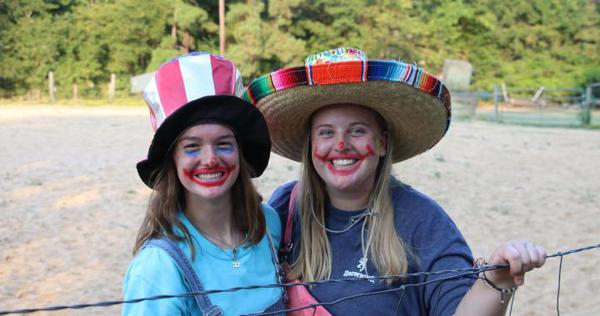Frontier Camp
•
7th June 2019
Friday Stories for Frontier's 50th - Volume XXII
Guest blogger, Kate Humes, is back. If you’ve been following our Friday Stories, she authored the series on “Faith”, “Fun”, Friends”, and “Food”. This week she is back with a story about her dad, Andrew Humes, and how he daily uses a biblical concept he learned while working at Frontier Camp in the early 1990s.
1 Peter 5 is the model, so to speak, of leadership training. The passage is about leading others by example, highlighting the service aspect of leadership. Jesus encompasses the ultimate









